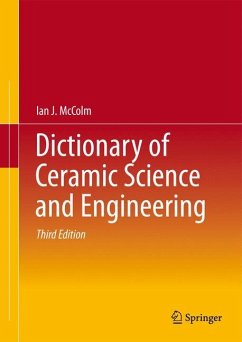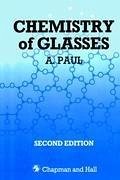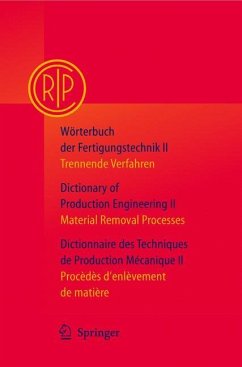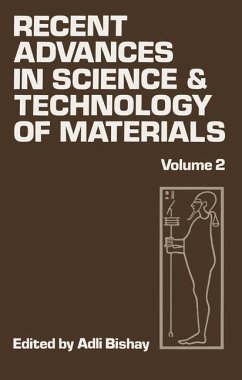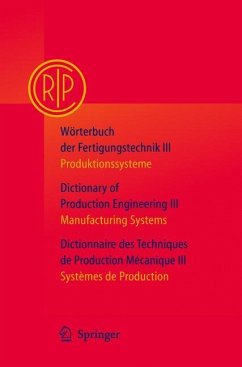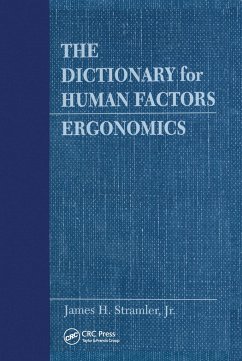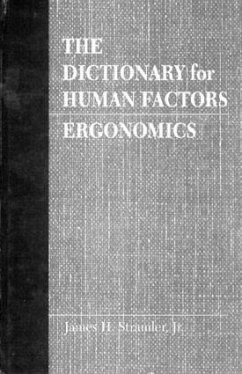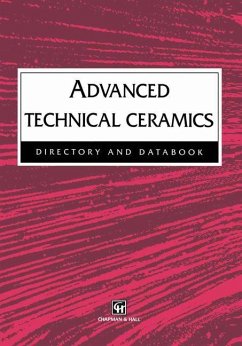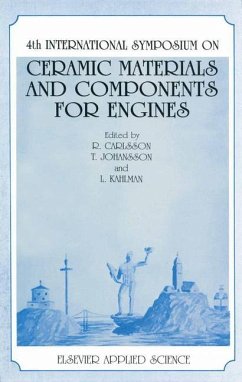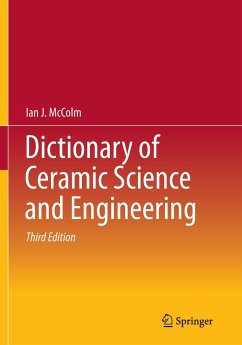
Dictionary of Ceramic Science and Engineering

PAYBACK Punkte
76 °P sammeln!
The third edition of the Dictionary of Ceramic Science and Engineering builds on the heavily revised 2nd edition which, in turn, expanded the original edition by some 4000 entries to include new fabrication, testing, materials, and vocabulary.The proven basis of the first two editions has been retained but new words and phrases have been added from the rapidly advancing electronic, nanoparticle and modern materials engineering fields. Additionally, all measurements in SI units are given to facilitate communication among the many sub-disciplines touched on by ceramics, ensuring that this public...
The third edition of the Dictionary of Ceramic Science and Engineering builds on the heavily revised 2nd edition which, in turn, expanded the original edition by some 4000 entries to include new fabrication, testing, materials, and vocabulary.
The proven basis of the first two editions has been retained but new words and phrases have been added from the rapidly advancing electronic, nanoparticle and modern materials engineering fields. Additionally, all measurements in SI units are given to facilitate communication among the many sub-disciplines touched on by ceramics, ensuring that this publication remains the field's standard reference work for years to come.
This extended edition of the Dictionary of Ceramic Science and Engineering ably follows its predecessors as an authoritative resource for students, researchers and professionals dealing with the processing of Materials.
The proven basis of the first two editions has been retained but new words and phrases have been added from the rapidly advancing electronic, nanoparticle and modern materials engineering fields. Additionally, all measurements in SI units are given to facilitate communication among the many sub-disciplines touched on by ceramics, ensuring that this publication remains the field's standard reference work for years to come.
This extended edition of the Dictionary of Ceramic Science and Engineering ably follows its predecessors as an authoritative resource for students, researchers and professionals dealing with the processing of Materials.





